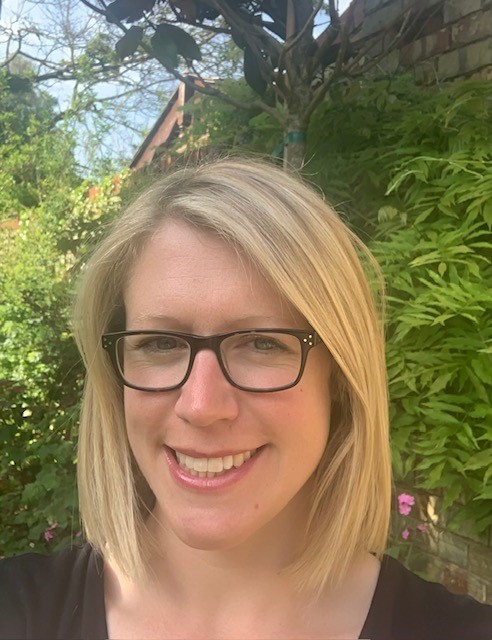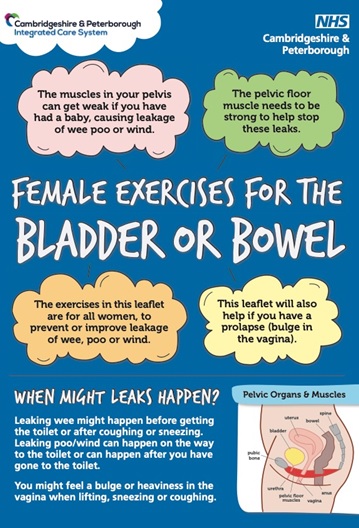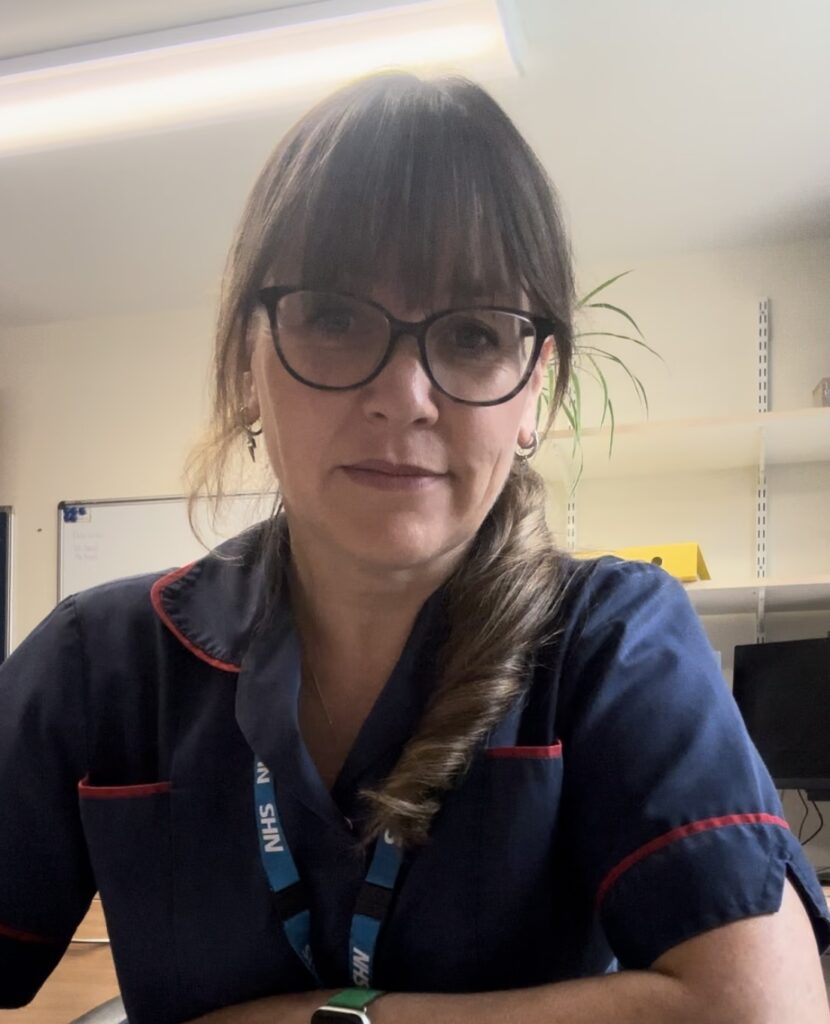Winners announced for 2024’s Cambridge PPI showcase event
Improving women’s access to pelvic health services, using drama and theatre to help interpret genetic data research and public engagement with paediatric Inflammatory Bowel Disease were all winners at the 2024 Cambridge Patient and Public Involvement (PPI) showcase.
Jointly hosted by the NIHR Cambridge BRC (BRC) and the University of Cambridge, more than 115 members of the public, researchers and healthcare staff attended a showcase of how patient and public involvement (PPI) has impacted our Cambridge research.
The day was split into three sessions of morning and afternoon talks and a poster exhibition over lunch, with a chance to network with researchers. Attendees were then able to vote for their favourite poster and talk from each session, with the winners receiving a certificate and £50 gift voucher.
Improving disadvantaged women’s access to pelvic healthcare

The winning talk from the morning session was awarded to Claire Brown, pre-doctoral research fellow and pelvic health physiotherapist at Cambridge University Hospitals, pictured left, and Dr Caroline Zwierzchowska-Dod, Strategic Lead, Cambridgeshire and Peterborough Maternity and Neonatal Voices. Their research focused on whether women in under-served communities were able to access pelvic health services and how much information they had received about pelvic floor dysfunction during their pregnancy.
Claire and Caroline worked with leaders from a range of community groups on how best to approach women to take part. This led to a series of listening events with an ethnic minority mothers’ group, a Gypsy-Roma-Traveller (GRT) community and with asylum seekers living in Government accommodation. In total 18 women attended to share their ideas, questions and experiences.
Claire and Caroline found most women had not received enough information on the risks of developing pelvic floor dysfunction during pregnancy and were therefore less likely to recognise their symptoms in order to find support or treatment. The women preferred to speak to their GP or midwife, but these clinical teams may not have specific expertise to help manage the condition effectively. Most of the women that Claire and Caroline spoke to also said they were unaware that there were self-referral options for pelvic health physiotherapy.

From these sessions Claire and Caroline were able to create a leaflet, including an easy read format, of pelvic floor muscle exercises and post-caesarean advice for healthcare staff in hospitals and the community to give to their patients and make them more aware of the disorder.
Claire said: “I have been very lucky to be able to work with Caroline, thanks to a PPIE innovation grant from the NIHR CRN East of England, which covered the costs of these listening events. We have discovered invaluable information and acted on this to improve the access to pelvic health services, this is just the beginning of this journey. I am so pleased we have been able to build strong relationships with community leaders for future work.”
Playing with Genetic data

The winning talk from the afternoon session was awarded to Dr Amy Mason, research associate in cardiovascular disease, pictured left. Amy’s talk explained the challenges in talking with the public about her research using genetic data to predict whether someone was at a potential risk of cardiovascular disease (conditions that affect the heart) in the future.
Amy worked with Cambridge Creative Encounters and local theatre group Babolin Young Company to develop two short fictional plays about whether knowing about being at risk of a condition could change a patient’s lifestyle and environmental behaviours.
The PPI group, made up of diverse representatives, reviewed the plays and information sheets to create a discussion about genetic risk scores. The plays helped the panel to explore the topic much more personally and reflectively, rather than just looking at facts, data and statistics. The drama helped the participants to come up with questions, such as whether the data was accurate, does it help patients and is that knowledge worthwhile? They also discussed how precise genetic risk scores are and how the data sets are collected. The health data could be different for each diverse group and it wouldn’t necessarily mean a ‘one size fits all’.
Amy found that using more creative outputs such as plays helped improve conversations and was an effective way of getting key messages across.
Amy said: “I really loved working with our PPIE volunteers with creative arts. I found talking about fictional narratives with the panel made me more confident to bring up my own concerns and questions. The panel’s responses really changed how I prioritise and approach research questions.”


You can watch the plays at 57:40 minutes in , there is also a short documentary about creative encounters behind the curtains.
Driving inclusivity with IBD

There were 12 posters on display during the lunchtime exhibition and attendees voted for research nurse, Claire Glemas, pictured right, from the Cambridge Stem Cell Institute as the poster winner.
Claire’s poster highlighted her PPI work with children with Inflammatory Bowel Disease (IBD), particularly focusing on understanding their lived experiences. By working with a group of children and young people, she wanted to see where improvements could be made with the patient’s experience during their clinic appointments and when taking part in research.
Over three years, Claire and a PPI group of children and young people developed a number of engagement opportunities including a quarterly gastroenterology newsletter, co-designed and edited with a member of the group. They hosted a Young Scientist day where children can come and see the labs and work as research assistants, and an annual family day with research, hospital staff and volunteers. Patients were given access to IBDmate, an educational tool about IBD, and an interactive colouring journal to help with their treatment pathway.
In her poster, Claire demonstrates the importance of communicating effectively with patients and their parents. She hopes that her engagement work with the children’s group will help new patients and their families understand IBD and make informed decisions about their health and when taking part in research. It has created an engaged community of staff and patients working together to improve healthcare services for young patients with IBD.
Claire said: “Our patient community will ensure every aspect of our research is shaped by the perspective and voices of our patients and families. We are committed to our mission, building PPI into an integral part of what we do, gathering invaluable insights and ultimately driving improvement in our research.”
The PPI Showcase was the first on the Cambridge Biomedical Campus, with more than 25 talks and posters highlighting how PPI makes a difference in local research. Dr Amanda Stranks, PPI and communications strategy lead for the NIHR Cambridge BRC who led the event said: “The PPI showcase was a wonderful opportunity to show researchers and the public how PPI has shaped our research and made a positive impact in the way we deliver our studies. There was such a variety of examples on display, demonstrating the importance of PPI and how it makes a difference. We’re looking forward to making this an annual event, to encourage more people to get involved in our research!’
Georgina Norris, PPI coordinator for the NIHR Cambridge BRC and event organiser said: “We were overwhelmed with the number of abstracts we received for people who wanted to take part, so we know there truly is some amazing PPI work happening across Cambridge.
“All the talks and posters on the day were brilliant but sadly we could only award one person from each session. I’d like to thank everyone who presented their PPI work, all our attendees and everyone who has contributed to our research, we couldn’t do it without you.”



